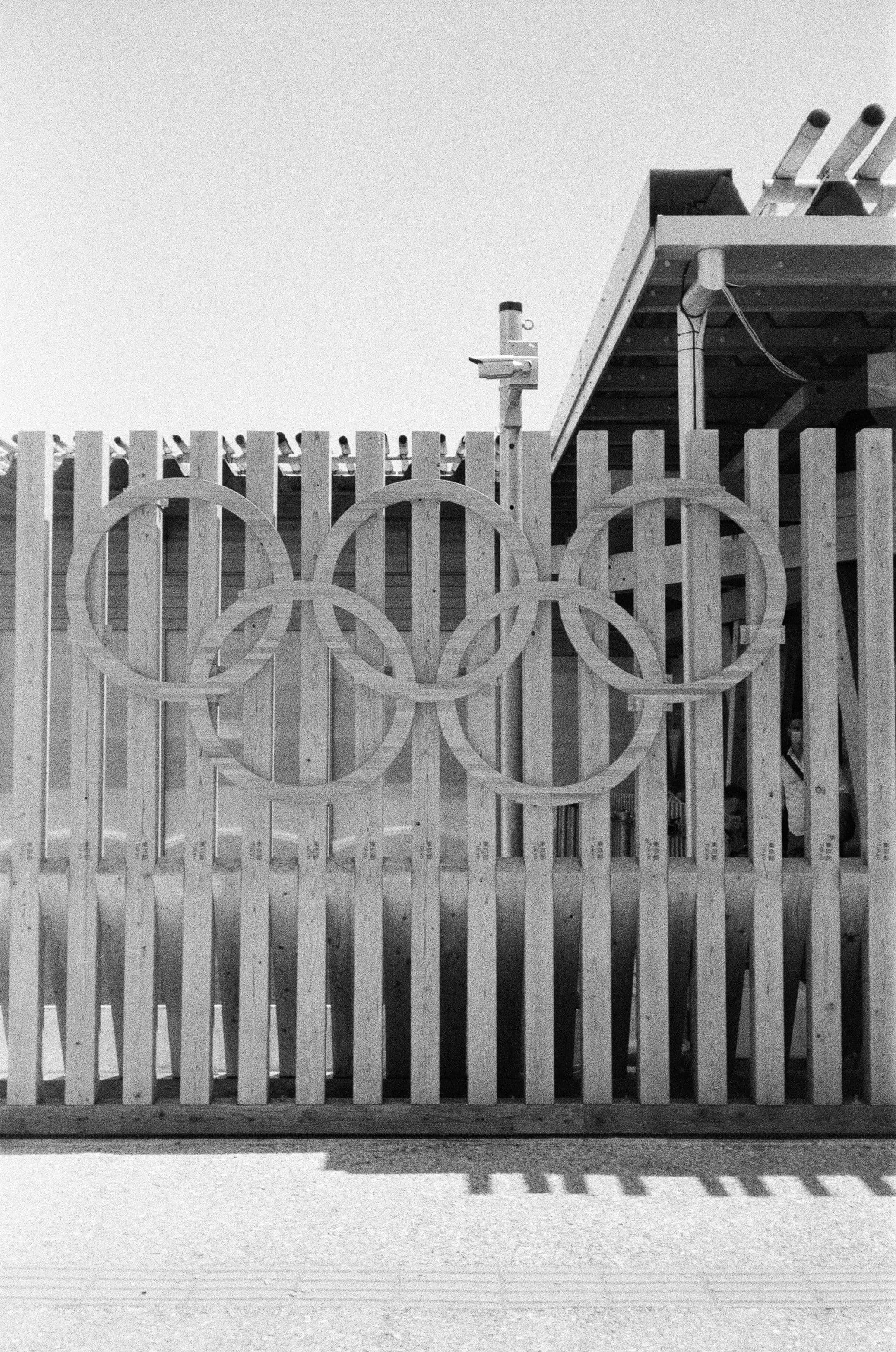
The Loneliest Olympiad in History
The Olympics are sold as a moment when the world stops to focus on sport—but what happens when the world is already stopped?
As Olympians, we live by a four-year clock. Three years in, the countdown begins and I find myself going into what I can only describe as a selfish state of mind—one that champion athletes know all too well. We put the blinders on. Any action that is not made with the intention of claiming Olympic glory becomes unimportant. The feeling is intense and leaves us surrounded by only those who can support us in our chosen goal. Athletes separate themselves from their loved ones, their family, all in the hope that this sacrifice, this struggle, will end in one satisfying moment of joy and accomplishment.
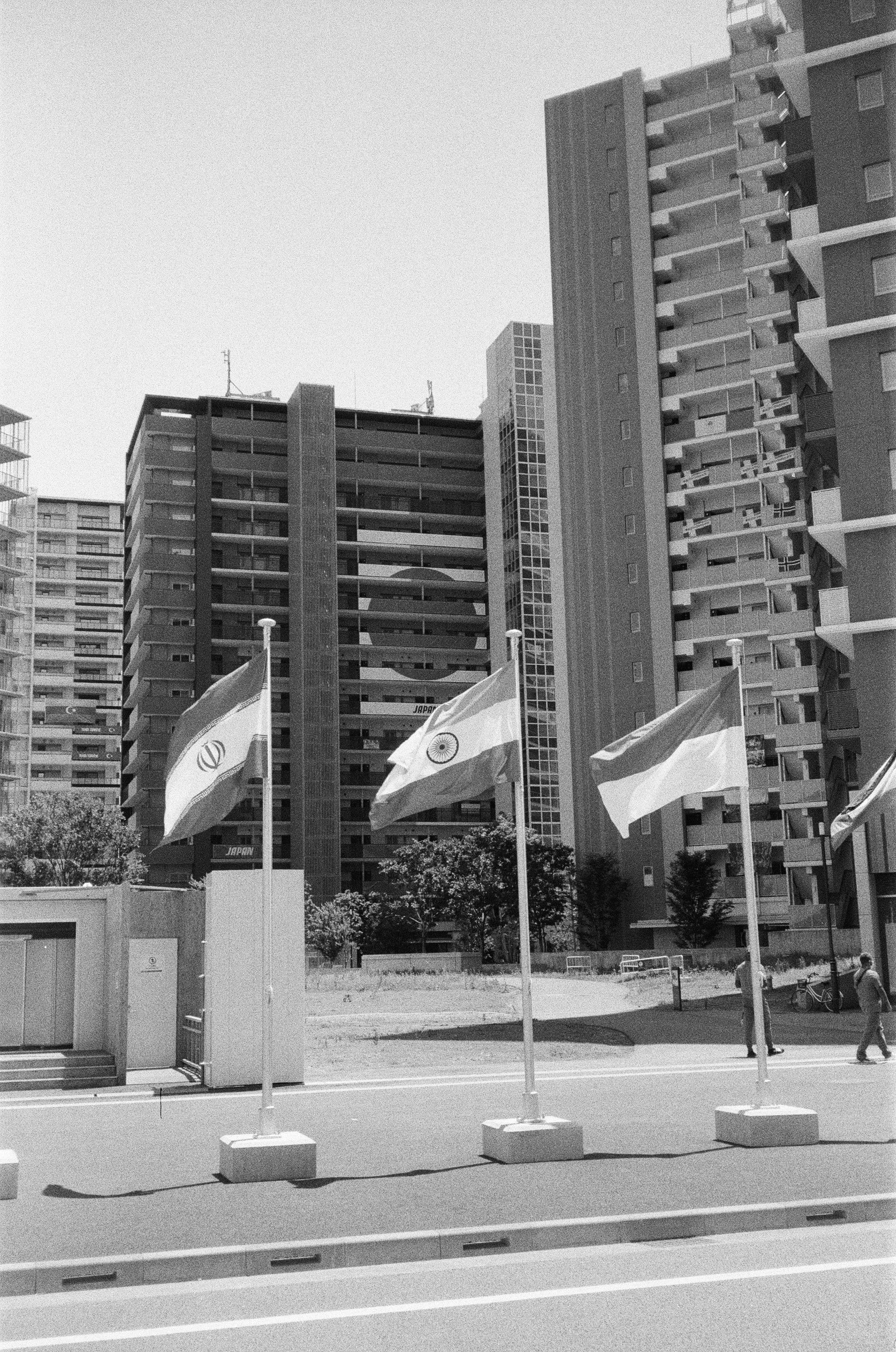
In 2020, it was much harder for me to carry on with this mindset. The Games were postponed, then rumored to be canceled, shattering the four-year routine I had followed for the last three Olympic cycles.
When I did make it, finally, to Tokyo, I documented the village on film and developed the photos after I returned home. What I found was an intense reminder of the loneliness and stark conditions these Games presented the athletes. The Tokyo 2020 Olympic Village was a concentrated reflection of the outside world creeping into what is usually an athletic bubble of a different kind.

The intense work culture and communal spirit of Japan were the perfect backdrop to hold a postponed, unwanted, and potentially dangerous Olympic Games. The Japanese people pride themselves on craftsmanship, dedication, and impeccable but sometimes meaningless manners, all qualities that remind me so much of what it takes to be an Olympian. It was no surprise to me that the subject of mental health was at the forefront of the 2021 Games. We arrived at a Village built for efficiency and sustainability. Our walls were bare, our beds made out of cardboard, and the electric cars roamed the eerily empty, extra-wide streets. Athletes marched into the dining hall wearing masks and gloves and found their way to individual plastic cubicles, making it all feel particularly sci-fi. At past Games, I found myself relaxing and watching competitions in the Team USA room with other athletes. This year, I spent most of my time in a single room looking for an escape from the tedium of the day.

In a time when nothing has been regular or controlled, the preparation for these Games was mostly dreadful. Long periods of uncertainty about whether the Olympic Games would happen were followed up by a complete collapse of the training environment I had invested so much time and money to create for myself over the last four years. I was left asking myself, “Why am I doing this?“
This is a question Olympic athletes face at many stages in their careers. I was in Korea fencing during my high school prom. In 2012, I was in the gym preparing to make my first Olympics at nineteen. In 2020, I spent my first Thanksgiving at home in twelve years only due to canceled competitions. When I was winning and achieving what I believed with my whole heart was my destiny, I was satisfied and felt accomplished. But when I came back to high school and people laughed when I said I fenced, or my girlfriend was mad because I missed some event, I was left with that question, “Why?“
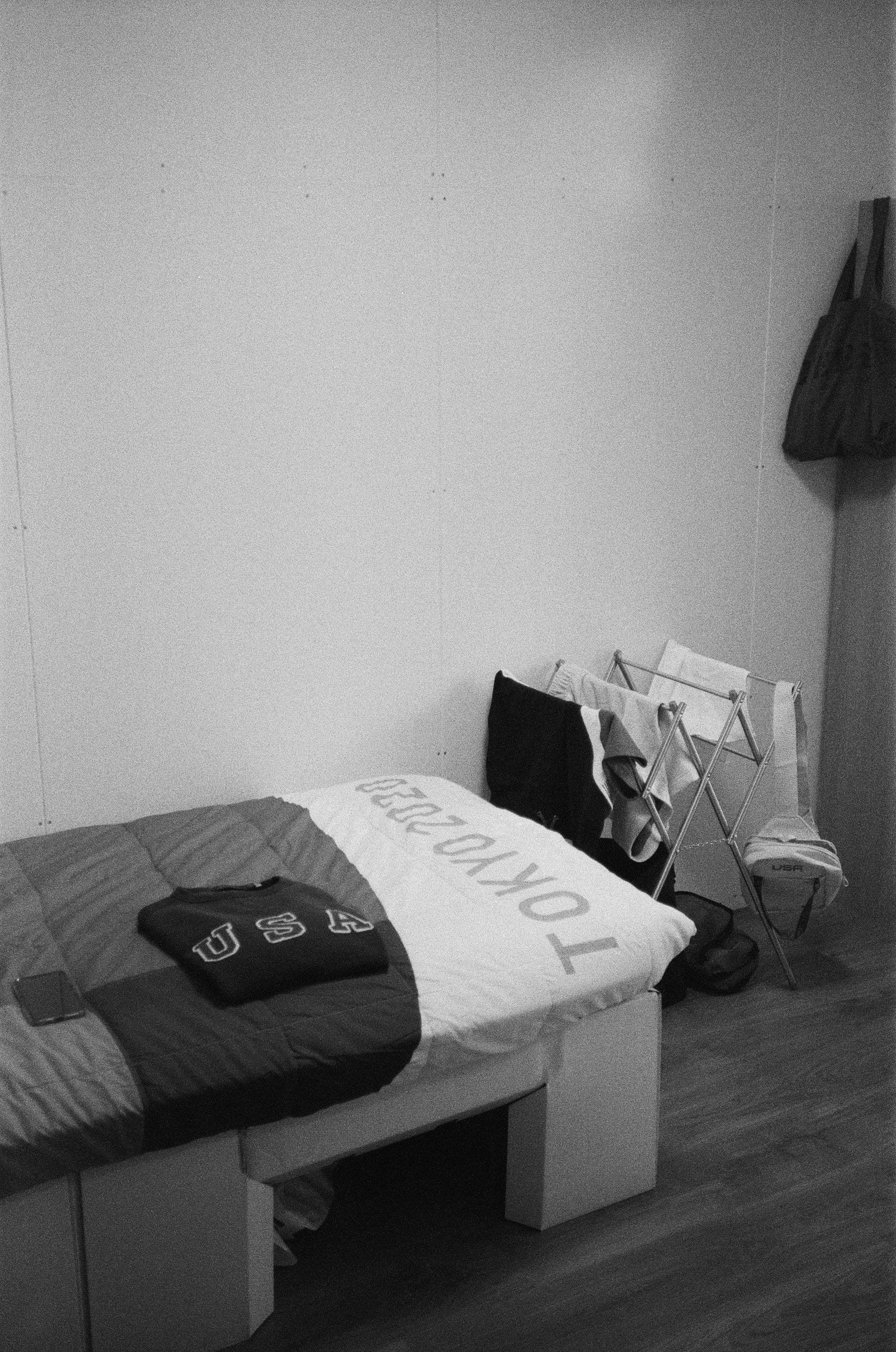
As a young adult, I began to win my first big competitions. I found myself placing amongst the best in the world and, soon after, I reached the top position. I called my parents. I had a beer with my teammates. There was no press call. I couldn’t find a sports agent at the time, and when I got home it was time to prepare for the next competition. Why was I doing this? The answer has always been the Olympic Games. I accepted it: the high you get from being honored and feeling successful while etching your name in the history books, as well as the low that follows after the whole thing is over in a flash and you are left with the task of finding your way back four years later. This lifestyle, while unhealthy, was one I had grown accustomed to. These Games, however, left me feeling disillusioned. The sacrifices outweighed the payoff, the answer to my question was gone.
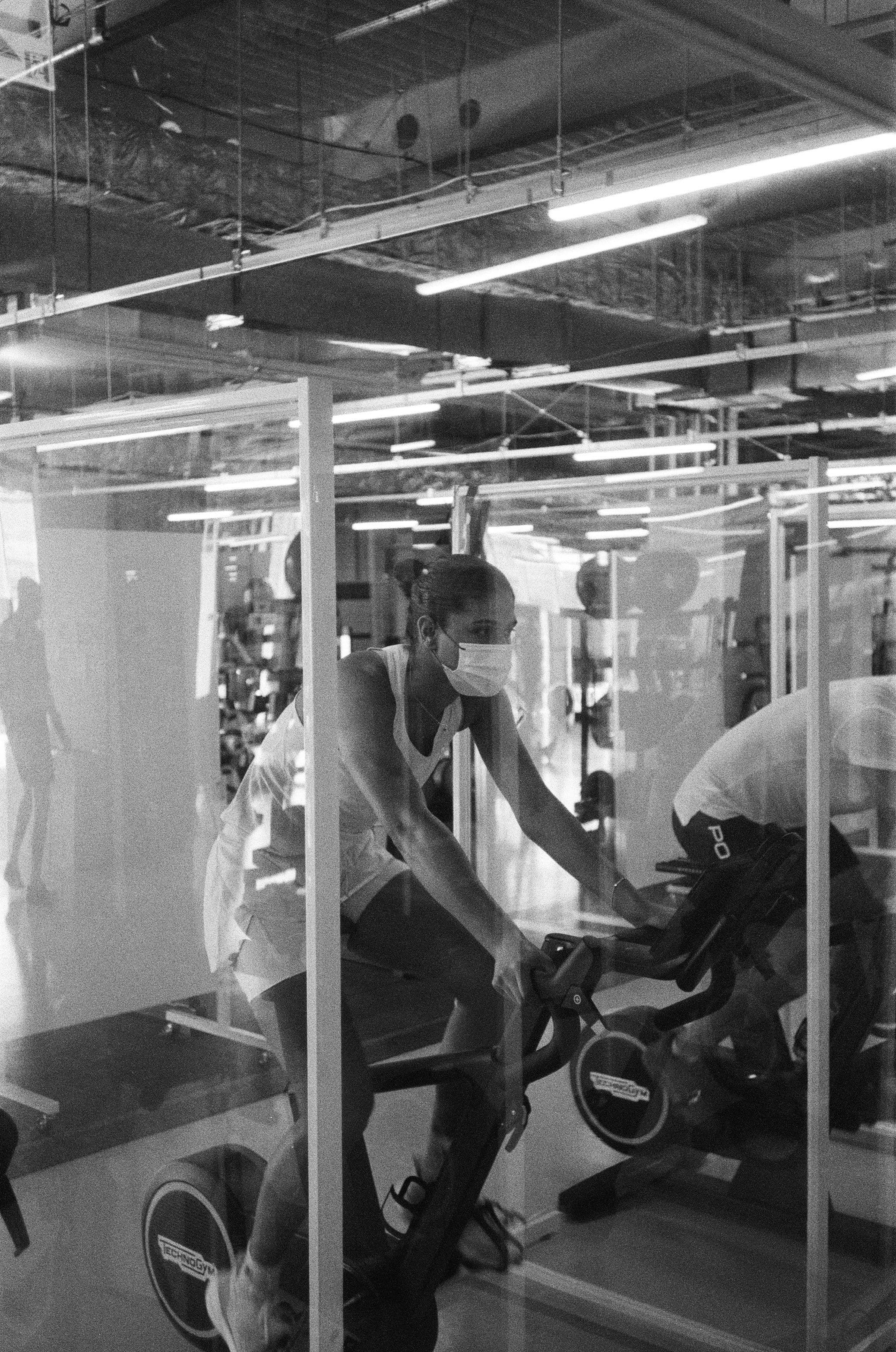
Being an athlete is like getting on a boat alone and racing others out to sea. You have no real destination and there is always open water in front of you. Some people wash ashore, others slow down, but a few push and push, racing out to sea only to find themselves surrounded by nothing but their competition. Those are the athletes we consider lucky, like Simone Biles, who makes such a statement that she is in a league of her own—alone at sea. It is there that that question comes back to haunt us once again. Why do we do this?
That question echoed across the empty 68,000-seat stadium as we marched in the opening ceremony. Or in the dark empty room that surrounded us as we stood on the podium, and lastly in our dorms, beer bottles strewn across a plastic table with a bunch of men on their boats far out to sea. With medals around their neck.
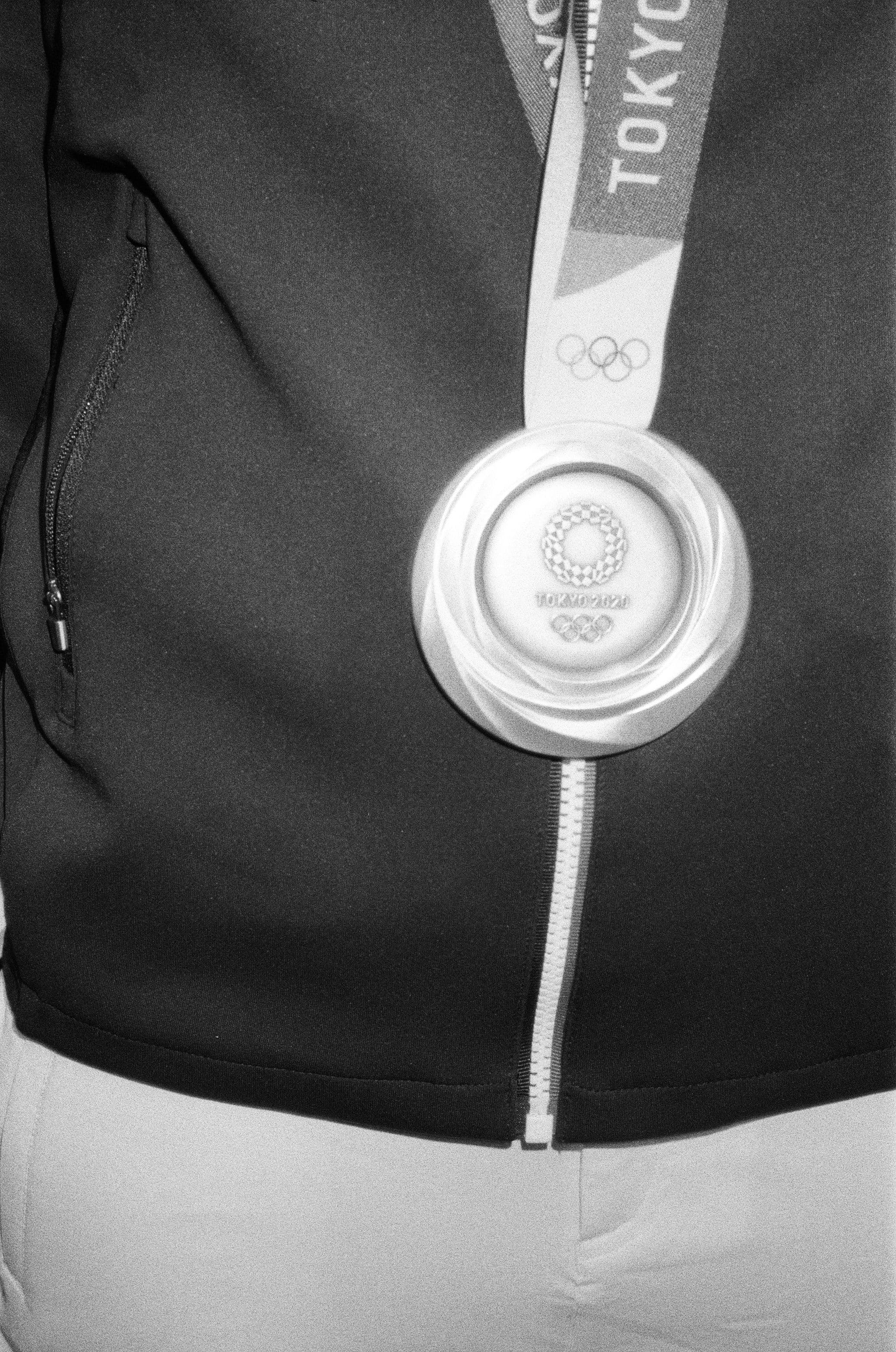
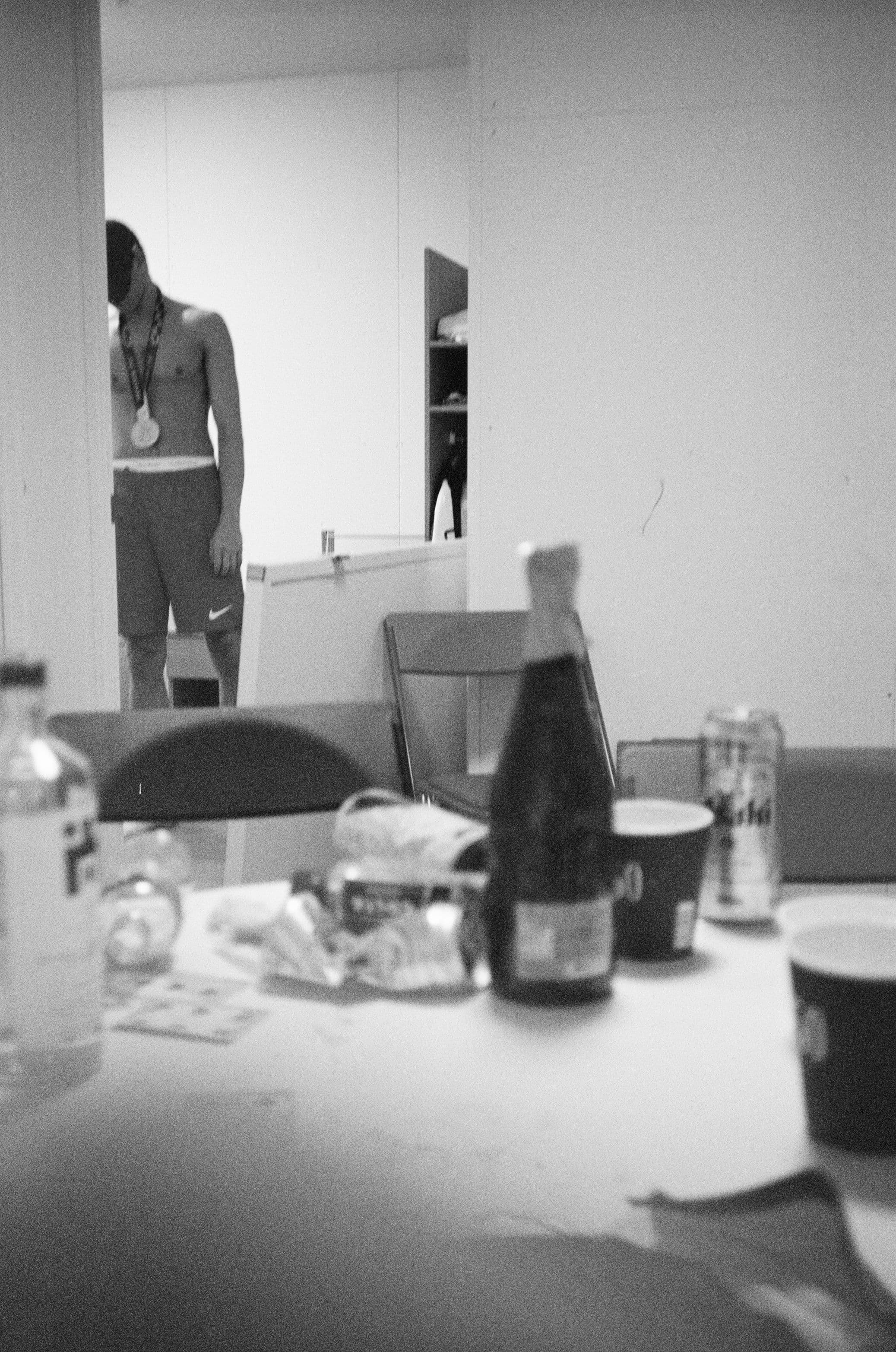
As a nonprofit arts and culture publication dedicated to educating, inspiring, and uplifting creatives, Cero Magazine depends on your donations to create stories like these. Please support our work here.






